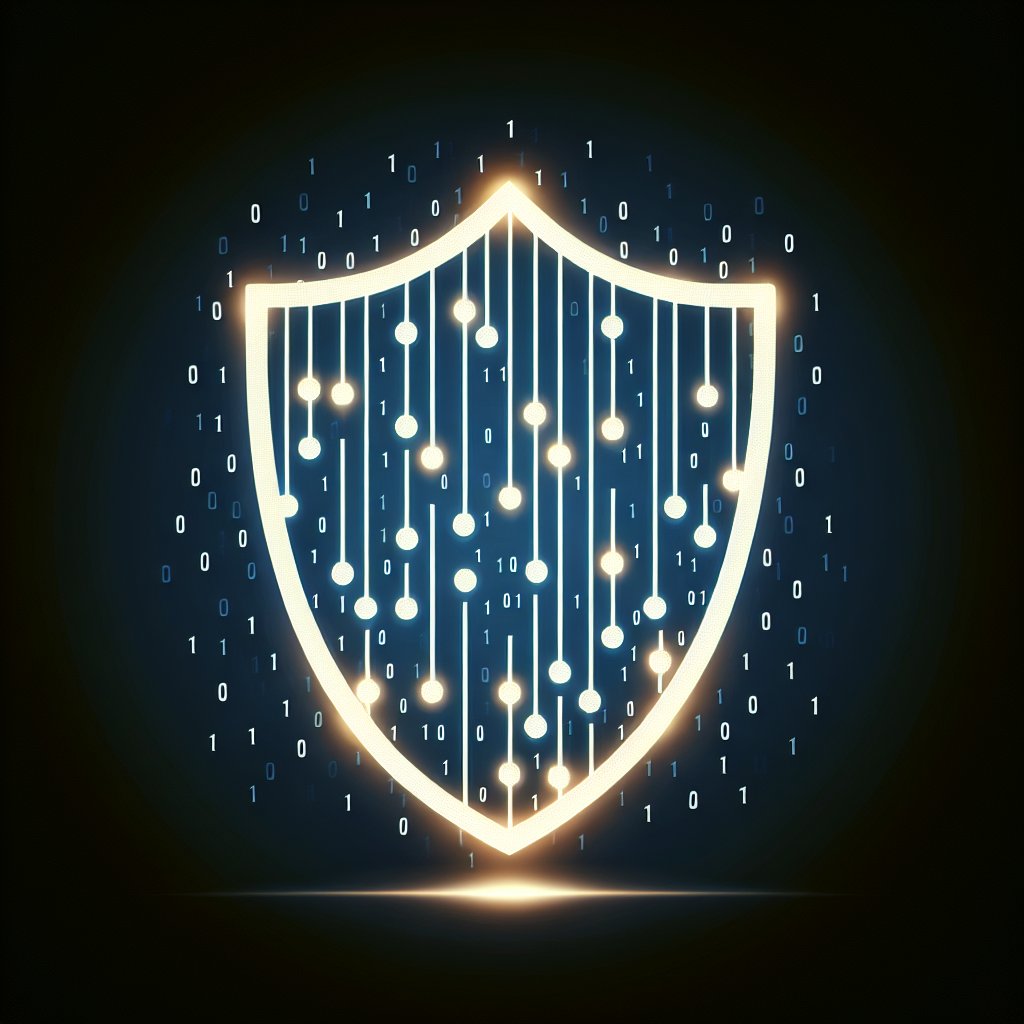Your cart is currently empty!
Cybersecurity for Beginners: Tips for Internet Safety

In today’s digital age, cybersecurity is more important than ever. With the rise of cyber threats such as hacking, phishing, and malware, it’s crucial for internet users to take steps to protect themselves online. If you’re new to the world of cybersecurity and looking for tips on how to stay safe on the internet, you’ve come to the right place. Here are some beginner-friendly tips for internet safety:
1. Use strong and unique passwords: One of the simplest yet most effective ways to protect yourself online is by using strong, unique passwords for all your online accounts. Avoid using easily guessable passwords such as “123456” or “password.” Instead, opt for long, complex passwords that include a mix of letters, numbers, and special characters.
2. Enable two-factor authentication: Two-factor authentication adds an extra layer of security to your online accounts by requiring you to provide a second form of verification, such as a code sent to your phone, in addition to your password. Enable two-factor authentication whenever possible to protect your accounts from unauthorized access.
3. Keep your software up to date: Software updates often include security patches that fix vulnerabilities that cybercriminals could exploit. Make sure to regularly update your operating system, web browser, and other software on your devices to stay protected against the latest threats.
4. Be cautious of phishing emails and messages: Phishing is a common tactic used by cybercriminals to trick users into revealing sensitive information such as passwords or credit card details. Be wary of unsolicited emails or messages that ask for personal information or contain suspicious links. Always verify the sender’s identity before clicking on any links or providing any information.
5. Use a reputable antivirus program: Antivirus software can help protect your devices from malware, ransomware, and other cyber threats. Invest in a reputable antivirus program and regularly scan your devices for any malicious software.
6. Secure your home network: Secure your home Wi-Fi network by setting a strong password, enabling encryption, and disabling remote access. This will help prevent unauthorized users from accessing your network and potentially compromising your devices.
7. Be mindful of what you share online: Be cautious about the information you share online, including on social media platforms. Avoid posting sensitive personal information such as your address, phone number, or financial details, as this information could be used by cybercriminals to target you.
By following these beginner-friendly tips for internet safety, you can protect yourself from cyber threats and enjoy a safer online experience. Remember that cybersecurity is a continuous process, so stay vigilant and regularly update your security measures to stay one step ahead of cybercriminals. Stay safe online!

Leave a Reply